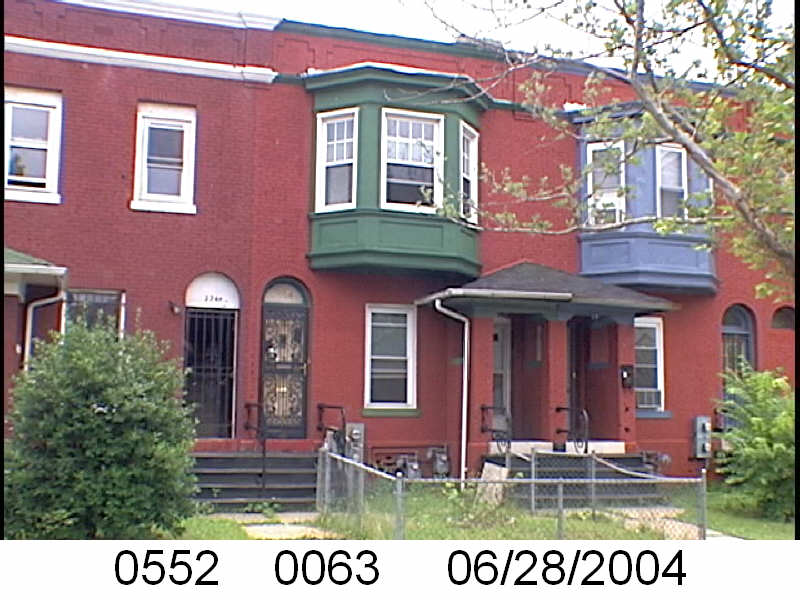The Washington Sanitary Improvement Company (WSIC) was a late 19th century charitable capitalism experiment that ended in the 1950s. This blog started looking at the homes that were supposed to be sold to African American home buyers, after decades of mainly renting to white tenants.
Looking at WSIC properties they tend to have a pattern where the properties were sold to a three business partners, Nathaniel J. Taube, Nathan Levin and James B. Evans as the Colonial Investment Co. for $3 million dollars. Those partners sold to African American buyers. There was usually a foreclosure. Then the property wound up in the hands of George Basiliko and or the DC Redevelopment Land Agency (RLA). Then there were the odd lucky ones who managed to avoid that fate.
Let’s see what happens with 226 Q St NW:
- January 1951 Evans, Levin and Taube sold one-half of 226 Q NW to Harold B. Fitzgerald.
- Jan 1951 Fitzgerald borrowed $3,275 from Colonial Investment Co. favorite trustees Abraham H. Levin and Robert G. Weightman.
- January 1951 Evans, Levin, and Taube sold the other half of 226 Q St NW to Mattie L. and William Morgan.
- Jan 1951 the Morgans borrowed $3,275 from trustees Abraham H. Levin and Robert G. Weightman.
- May 1951 Fitzgerald sold his half to Sarah E. and Rufus J. Jones.
- October 1962 Fitzgerald (now the Jones) was released from his mortgage, owning that half free and clear.
- February 1964 the Morgans were released from their mortgage.
- March 1967 the widow Mattie Morgan sold her half to Eneas J. and Katherine R. Whelan.
- February 1977, the heirs of Eneas Whelan sold the half of 226 Q St NW to Robert W. Ayers I & II.
- September 1980 the property somehow got caught up in the Bates Street Associates net. (See doc #8000029035)
- April 1987 the Ayers sold their half to Sarah Jones, bringing the property under one owner.
I’ll leave it there in a good space. No foreclosures. People were able to pass down things to a slew of family members who quickly turn around and sell it. It’s probably best to ignore the Bates Street Associates thing.
